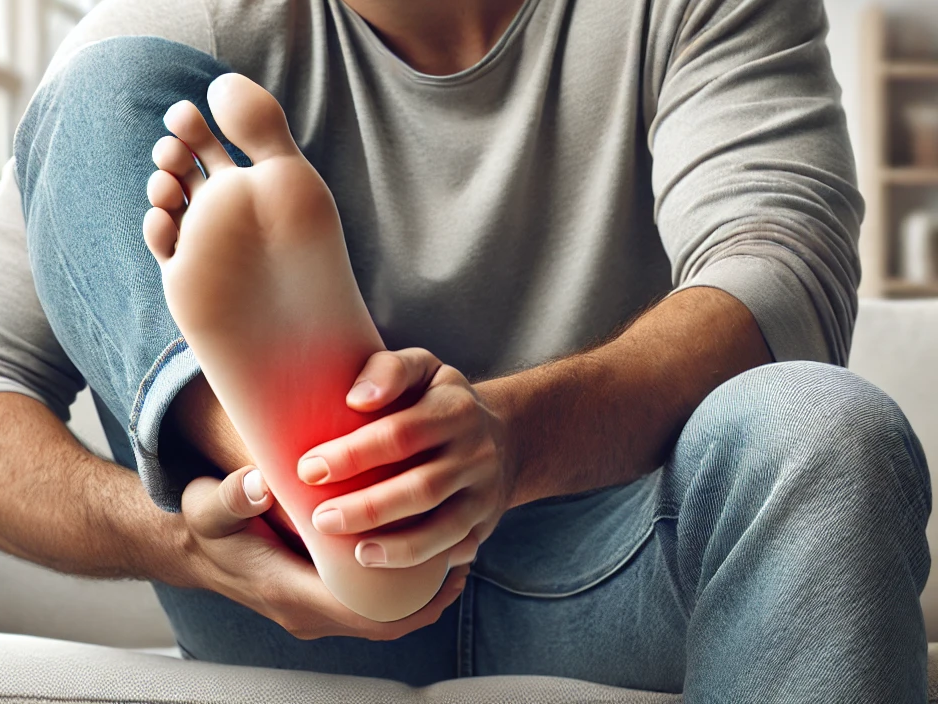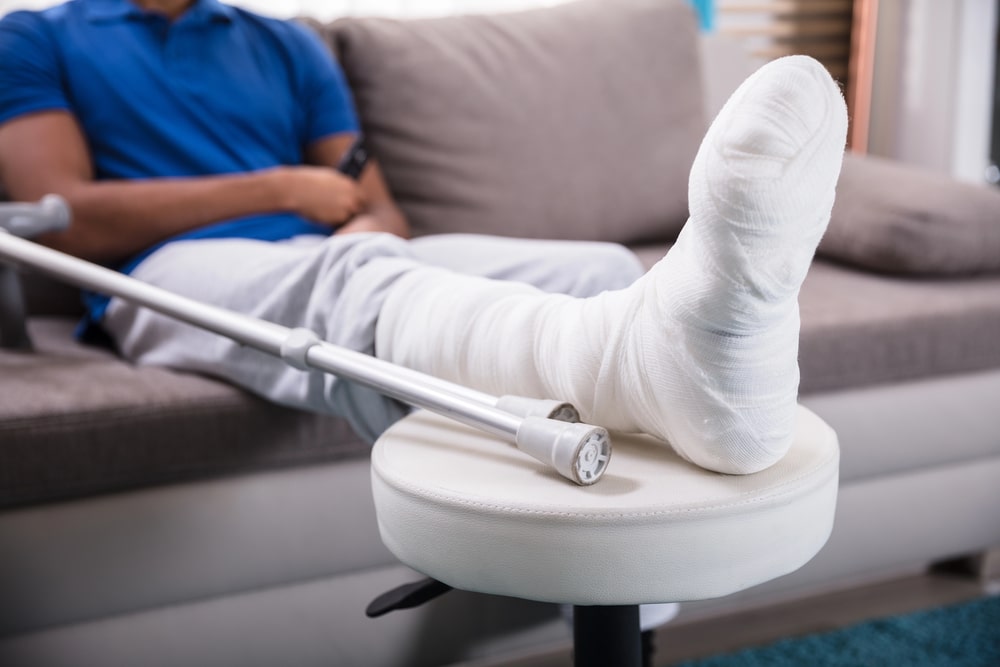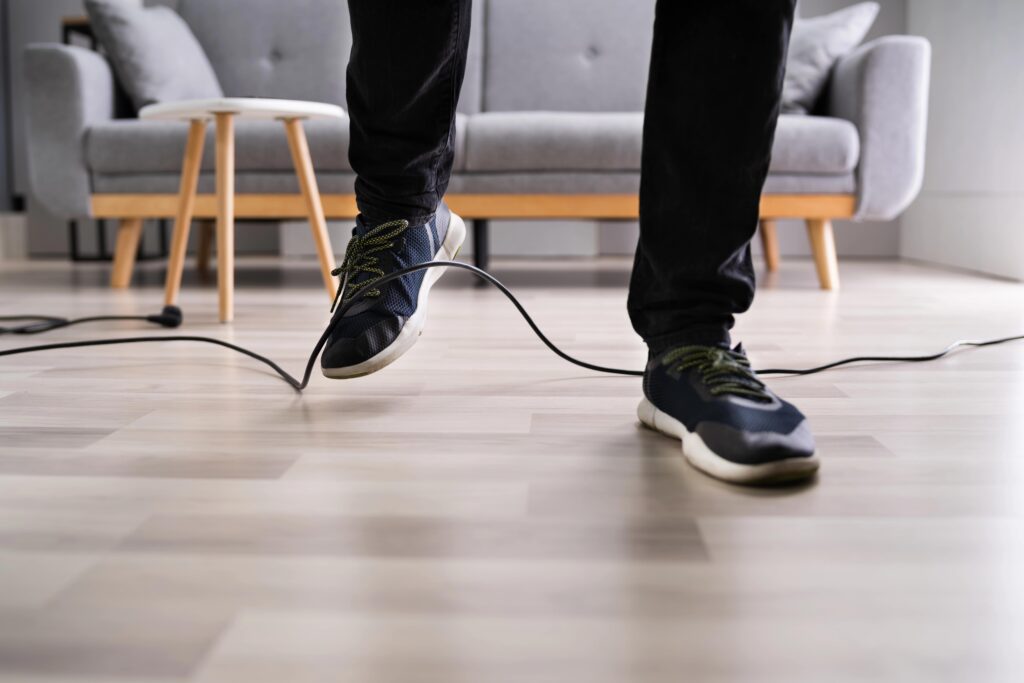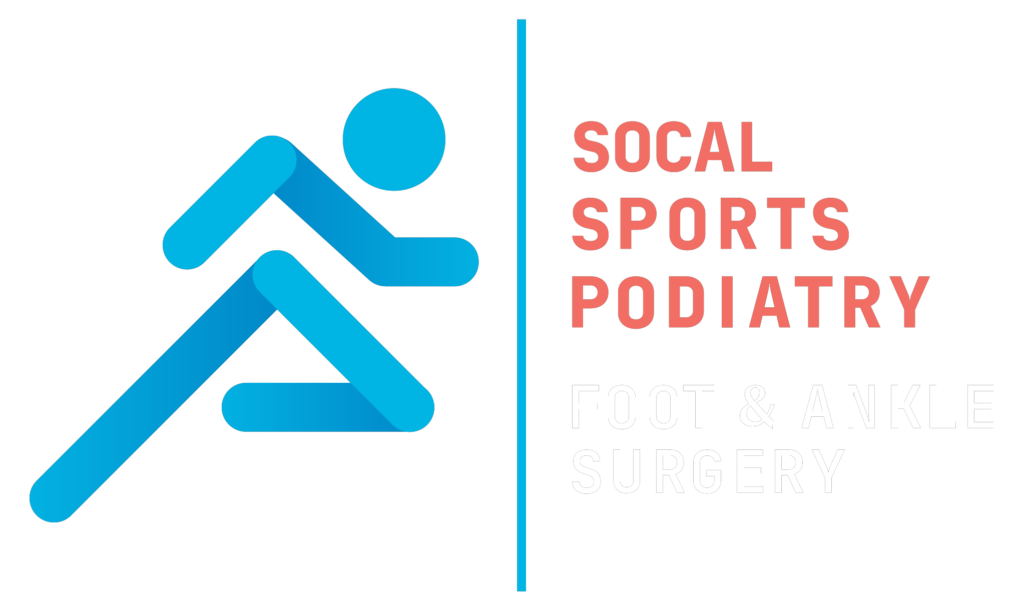
Understanding Sever Disease (Calcaneal Apophysitis): Causes, Symptoms, And Treatment Options
Sever disease, also known as calcaneal apophysitis, is a common but often misunderstood condition that affects growing children, particularly those who are physically active. This overuse injury causes pain in the heel, especially in children who participate in sports that involve running and jumping. Though painful, Sever disease is a temporary condition that typically resolves as the growth plate in the heel matures. In this blog post, we will explore the causes, symptoms, and treatment options for Sever disease and provide helpful tips for parents and caregivers.
What Is Sever Disease?
Sever disease is an inflammation of the growth plate (the apophysis) in the heel bone, also known as the calcaneus. The condition most commonly occurs in children between the ages of 8 and 14, during periods of rapid growth. Because children’s bones grow faster than their muscles and tendons, this imbalance can lead to excessive tension on the heel, resulting in inflammation and pain. Sever disease is not actually a disease but a condition associated with overuse and stress on the heel during growth spurts.
Causes Of Sever Disease
Several factors contribute to the development of Sever disease, including:
- Growth Spurts: During periods of rapid growth, the heel bone may grow faster than the surrounding muscles and tendons, leading to increased tension and strain on the growth plate.
- Physical Activity: Sports that involve running, jumping, or repetitive impact on the feet (e.g., soccer, basketball, gymnastics) increase the risk of Sever disease due to repeated stress on the heel.
- Foot Structure: Children with flat feet, high arches, or tight calf muscles are more prone to developing Sever disease. These conditions can alter the mechanics of the foot, placing extra strain on the heel.
- Improper Footwear: Wearing shoes that do not provide adequate support or cushioning can exacerbate the strain on the heel, especially during physical activity.
Symptoms Of Sever Disease
The primary symptom of Sever disease is heel pain, which typically occurs at the back of the heel and may extend into the sides of the foot. Other common symptoms include:
- Pain that worsens with physical activity, especially running or jumping
- Swelling, redness, or tenderness around the heel
- Limping or difficulty walking, particularly after sports
- Stiffness in the ankle or foot upon waking up in the morning
It’s important to note that Sever disease typically affects both heels, but it can also occur in just one heel.
Diagnosing Sever Disease
Diagnosing Sever disease involves a physical examination by a healthcare provider. The doctor will check for tenderness and swelling in the heel, as well as ask about the child’s symptoms and activity level. X-rays are usually not needed to diagnose Sever disease, but they may be ordered to rule out other conditions, such as fractures or infections.
Treatment Options For Sever Disease
The good news is that Sever disease is self-limiting, meaning it will eventually resolve on its own as the child’s growth plate matures. However, treatment can help alleviate symptoms and reduce pain in the meantime. Treatment options for Sever disease typically include:
- Rest and Activity Modification: Reducing or temporarily stopping activities that cause heel pain, such as running and jumping, is crucial for allowing the heel to heal. Children should be encouraged to engage in low-impact activities like swimming or cycling during this time.
- Ice Therapy: Applying ice to the affected heel for 15-20 minutes, several times a day, can help reduce inflammation and relieve pain.
- Stretching Exercises: Stretching exercises for the calf muscles and Achilles tendon can help relieve tension on the heel and prevent further irritation. These exercises should be done gently and consistently.
- Orthotics and Supportive Footwear: Wearing shoes with proper arch support and cushioning can help reduce stress on the heel. Custom orthotics or heel cups may also be recommended by a healthcare provider to provide additional support.
- Pain Relief: Over-the-counter nonsteroidal anti-inflammatory drugs (NSAIDs), such as ibuprofen or acetaminophen, can be used to relieve pain and reduce inflammation. Always consult a doctor before giving medication to children.
- Physical Therapy: In some cases, a physical therapist may work with the child to develop a tailored exercise program that focuses on strengthening and stretching the muscles and tendons around the heel and foot.
Prevention Tips For Sever Disease
While Sever disease is not entirely preventable, certain steps can be taken to reduce the risk of developing the condition:
- Encourage Proper Warm-Ups: Ensure that children warm up before engaging in physical activities, especially those that involve running or jumping.
- Promote Stretching: Regular stretching of the calf muscles and Achilles tendon can help improve flexibility and reduce tension on the heel.
- Select Appropriate Footwear: Choose shoes that provide good arch support, cushioning, and a snug fit, particularly for children involved in sports.
- Monitor Activity Levels: Encourage children to gradually increase their activity levels and avoid excessive repetitive motions that can place undue stress on the heels.
When To Seek Medical Attention
If your child experiences persistent heel pain that does not improve with rest or at-home treatments, it’s important to consult a healthcare provider. Though Sever disease typically resolves on its own, prolonged or severe pain may require a more comprehensive evaluation to rule out other underlying conditions.
Conclusion
Sever disease, or calcaneal apophysitis, is a common condition that affects growing children, particularly those who are active in sports. While it can cause significant discomfort, it is a temporary condition that typically resolves as the child’s growth plate matures. By understanding the causes, symptoms, and treatment options for Sever disease, parents and caregivers can help their children manage pain and continue to enjoy physical activities. If you’re concerned about your child’s heel pain, don’t hesitate to seek medical advice to ensure proper care and a speedy recovery.
About SoCal Sports Podiatry
At SoCal Sports Podiatry we are dedicated to providing expert care for children and adolescents experiencing foot and ankle conditions, including Sever disease. Our compassionate team is committed to helping your child stay active and healthy while addressing their orthopedic needs. Contact us today to learn more about our services or to schedule an appointment with one of our specialists.
Recent posts

The Role Of Custom Orthotics In Athletics
Athletes rely on their feet as the foundation for every...

Top Five Sports-Related Foot Injuries
Athletes rely on their feet to perform, but sports activities...

Effective Solutions For Ingrown Toenail Relief
What Are Ingrown Toenails? An ingrown toenail occurs when the...

Lebron James: Possible Re-injury? Surgical Options
On March 20th, 2021, during a game against the Atlanta...

Most Common Types Of Fractures
The human skeleton is an extremely intricate system comprising approximately...

Contact Us
Services
Testimonials
Had a great experience overall! Dr. Sheth did an amazing job with my foot and has a great sense of humor as well! Highly recommend them.
Dr. Patel was very personable and kind to my 87 year old uncle. He took time to explain what was happening with his healing process and asked if we needed anything else. I appreciate his demeanor and expertise.
This is the most promise I've seen after four other surgeries. Both Dr. Patel and Sheth are great. They are fast - turned it around in less than a week and their surgery coordinator, Matty is amazing. This foot has been an unbelievable burden and I genuinely feel excited by how this seems like it's turning out...excellent service, smart and friendly doctors.
Scheduling an appointment and filling out the online patient form was very easy. Jordan the medical assistant who also did the scheduling was very cordial and helpful. Dr. Sheth was professional and friendly and never once pushed for unnecessary procedure.
SoCal Sports Podiatry
2001 Santa Monica Blvd. Suite 465-W
Santa Monica, CA 90404
(310) 395-5025



